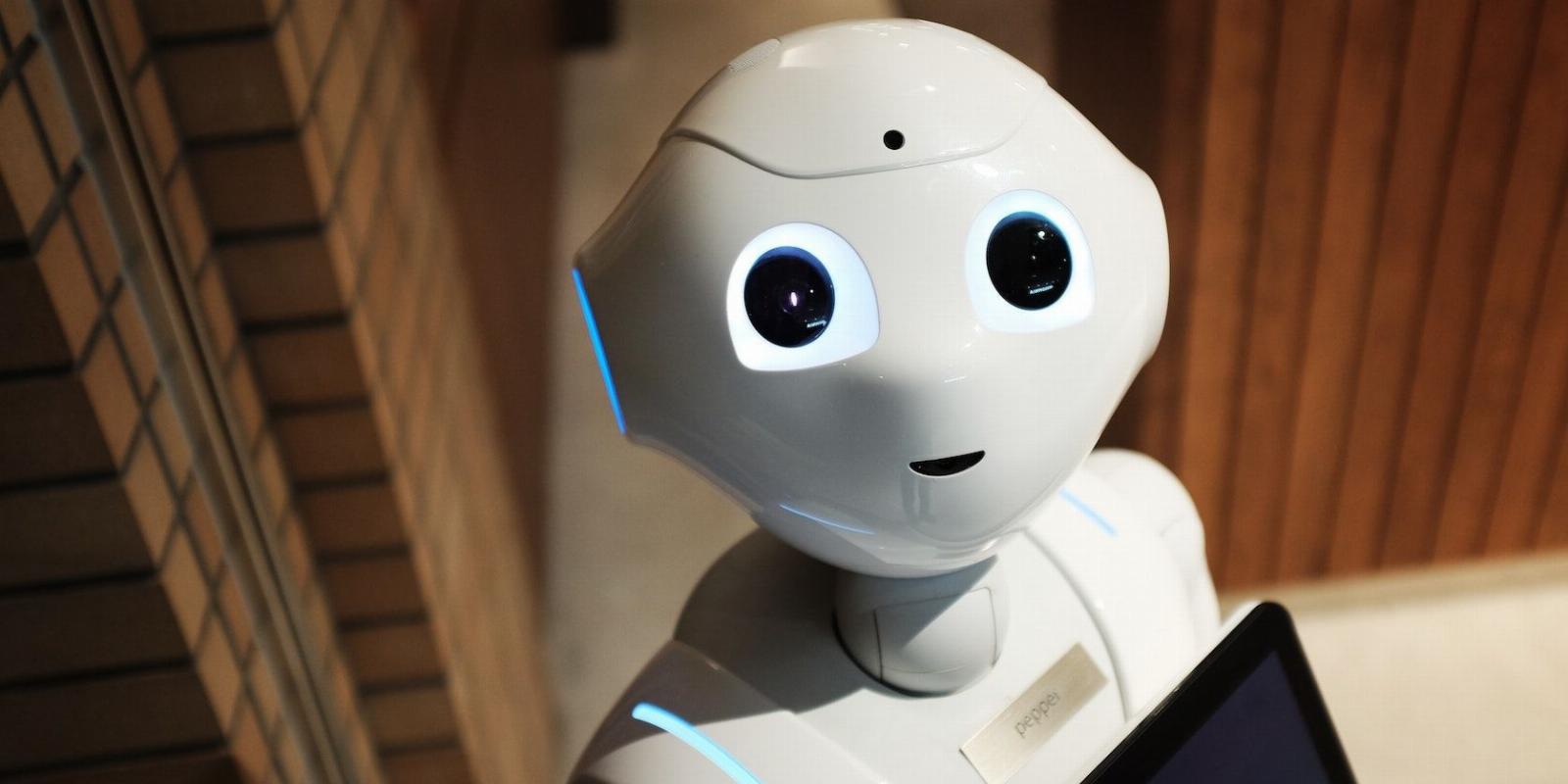
What Is AI and What Dangers Does It Pose?
Reading Time: 3 minutesDoes AI really pose a danger to us? Or is it all speculation?
Artificial intelligence is hard to avoid in our modern world. It’s being integrated into everything we do, and that’s giving some people cause for concern.
But why?
Why are some people worried about the effects of artificial intelligence, and what dangers does artificial intelligence pose to use?
What Is Artificial Intelligence?
Artificial intelligence is the ability of a man-made machine or system to mimic and, in some ways, even surpass human intelligence. The term was coined by computer scientist John McCarthy in 1956, but the concept itself is much older.
In his 1950 paper published in Mind, Alan Turing (the creator of the Turing Test) asked a question that baffles scientists and philosophers to this day: ‘Can machines think?’ AI is believed to have a spectrum of intelligence, roughly divided into the following three categories:
- ANI (artificial narrow intelligence): Abundant in our modern world; built for specific tasks; doesn’t have self-interest; predictable; can’t mimic human intelligence.
- AGI (artificial general intelligence): A theoretical form of AI; poses consciousness; can introspect, plan, and improve itself; fairly predictable; can mimic human intelligence.
- ASI (artificial super intelligence): A theoretical form of AI; poses superintelligence and virtually infinite cognition; unpredictable; can surpass human intelligence.
The AI we use today, ANI (aka weak AI), is mainly about pattern recognition and making programmed inferences. In the same way we humans use our senses to navigate the world around us and act accordingly, AI uses the data we give it to do all sorts of things.
Examples of AI
When you google something, AI displays the search results you’re most likely to find helpful based on the keywords in your text. For example, on YouTube, AI recommends videos you’re most likely to want to watch based on your watch history (and other factors).
On Amazon, AI decides the order of the product listings, so you find what you’re looking for faster. When using the self-driving mode on a Tesla, AI uses the car’s sensors to perceive its surroundings and decide when to accelerate, make turns, hit the brakes, and more. We could go on, but you get the idea.
We made AI for the same reason we make any technology: to reduce suffering and increase pleasure. Today, AI helps us translate languages, avoid traffic jams, prevent fraud, manage inventory, automate household chores, create diet plans, trade stocks, create content, make artwork, study analytics, and more.
What Are the Risks and Dangers of Using AI?
Although AI is very helpful, it can also pose serious dangers to society. Perhaps the biggest one is unemployment. People usually enter the workforce in their 20s; that’s two decades of care and education required to make someone economically useful.
But AI can learn new things almost instantly, and improve itself with every generation, especially when the job is repetitive and predictable. And unlike human workers, machines are infinitely obedient, don’t fatigue, and don’t ask for a monthly salary or benefits—making them more productive, cheaper, and hence more profitable than human workers.
Another danger that AI poses is bias and misinformation. Humans are inherently biased, so it’d be foolish to assume that our creation of AI wouldn’t be. The difference is that we can identify our biases, but AI deems whatever data is programmed into it as objective truth.
That’s why social media companies use human moderators and fact-checkers to limit the spread of misinformation. Replace them with AI, and the whole thing crashes. That said, we are using computer vision in social media moderation to hopefully limit some of the more disturbing content posted online from reaching the eyes of unfortunate moderators.
Furthermore, AI tools are now used to impersonate celebrities, politicians, and public figures via deepfake technology and voice cloning. This is extremely dangerous for obvious reasons. Unfortunately, as the tech improves, it’ll become more difficult to tell what’s real and what’s fake.
AI Should Be a Tool, Not a Weapon
AI as a subject is very broad, and we’ve only scratched the surface. You’ve probably heard of and even tested AI chatbots like ChatGPT or Microsoft Bing’s built-in chatbot, and perhaps that’s where your interest in AI sparked.
While these AI chatbots are impressive, they are not free from the limitations of artificial intelligence.
Reference: https://www.makeuseof.com/what-is-ai-what-dangers-does-artificial-intelligence-pose/
Ref: makeuseof
MediaDownloader.net -> Free Online Video Downloader, Download Any Video From YouTube, VK, Vimeo, Twitter, Twitch, Tumblr, Tiktok, Telegram, TED, Streamable, Soundcloud, Snapchat, Share, Rumble, Reddit, PuhuTV, Pinterest, Periscope, Ok.ru, MxTakatak, Mixcloud, Mashable, LinkedIn, Likee, Kwai, Izlesene, Instagram, Imgur, IMDB, Ifunny, Gaana, Flickr, Febspot, Facebook, ESPN, Douyin, Dailymotion, Buzzfeed, BluTV, Blogger, Bitchute, Bilibili, Bandcamp, Akıllı, 9GAG